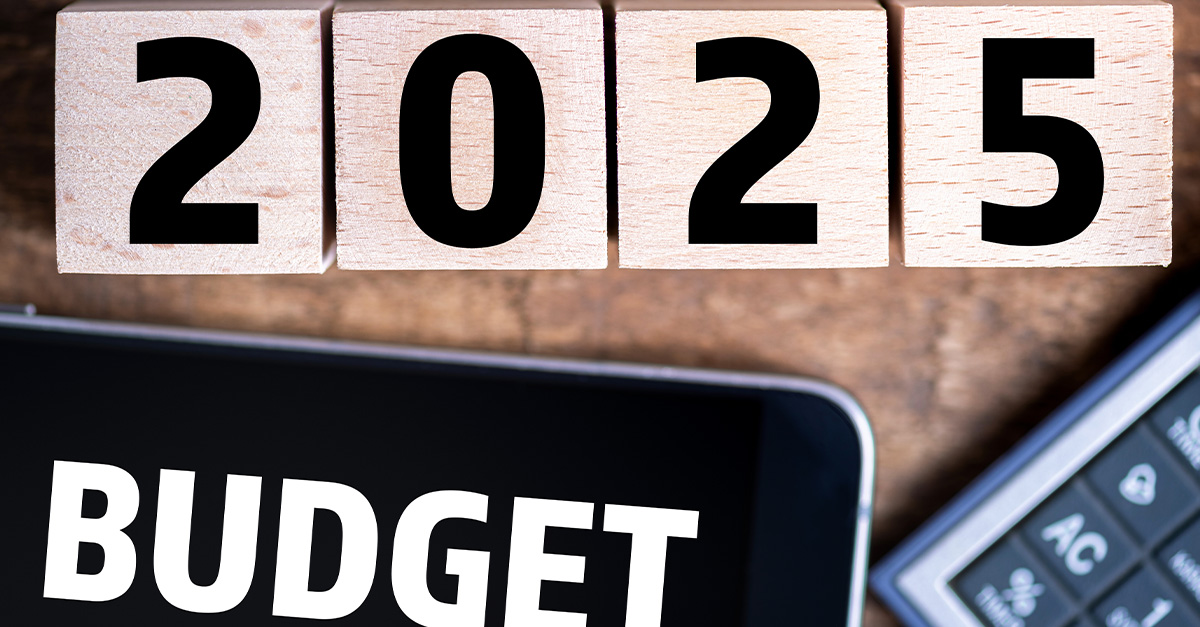Debt Doubled Down
Sometimes the universe tests your problem-solving skills in the cruelest ways possible. You've been chipping away at that mountain of debt, feeling somewhat in control, when your transmission decides to wave the white flag. You're now facing a choice that could either dig you deeper into the hole or somehow become your smartest financial move. Let's figure out which path leads you out of this mess instead of deeper into it.

Calculate Your Car's True Current Value
The moment you hear those dreaded words "transmission failure," your first instinct might be panic. However, smart money decisions start with cold, complex numbers. Your vehicle's current market value becomes the foundation for every choice ahead. Kelley Blue Book and Edmunds provide reliable estimates.
Compare Working Vs Non-Working Vehicle Values
You will need two specific values: what your ride is worth in good working condition, versus its value with a failed transmission. A 2014 Honda Civic with 100,000 miles might be worth $6,500 running, but only $2,500 with transmission problems—a $4,000 difference.
Get Multiple Repair Estimates Before Deciding
One mechanic quotes $6,800 for a transmission replacement while another charges $3,200 for the same job. Such massive variation happens daily across America's repair shops. Transmission replacement costs can vary dramatically, with averages ranging from $2,900 to $7,100 depending on several factors.
 Photo By: Kaboompics.com, Pexels
Photo By: Kaboompics.com, Pexels
Apply The 50% Rule
If repair costs go beyond 50% of your car's current working value, replacement usually makes more financial sense. Suppose your automobile is worth $4,000 in good condition, but needs $2,500 in transmission work, that's 62.5% of your car's value, pushing you into replacement territory.
Consider Your Transportation Alternatives
Before you commit to expensive repairs or take on more debt for a replacement vehicle, explore every transportation option available in your specific situation. Can you work from home temporarily? Some people discover they can bike, carpool, or use rideshare services for less than monthly car payments.
Explore Employer-Sponsored Transportation Programs
If Uber rides cost $300 monthly and you avoid a $450 car payment plus insurance, you're ahead financially. Many cities offer discounted transit passes for low-income residents, and some employers provide transportation benefits. Even temporary solutions like borrowing someone's spare car can buy you time.
Evaluate Your Emergency Fund Status
Most financial experts recommend having three to six months of expenses saved before tackling major repairs, but reality often doesn't cooperate with textbook advice. Suppose your emergency fund is already depleted or nonexistent; using credit for transmission repairs could trigger a dangerous debt spiral.
Assess Your Monthly Budget Reality
When transmission failure hits, your monthly budget becomes a battlefield where every dollar fights for survival. Start by listing your absolute necessities: rent, utilities, minimum debt payments, groceries, and transportation costs. With $20K in existing debt, you're likely already stretched thin, making any additional monthly payment a potential budget-breaker.
 Photo By: Kaboompics.com, Pexels
Photo By: Kaboompics.com, Pexels
Weigh Personal Loans Against Home Equity Risks
Personal loans from banks or credit unions tend to offer rates between 8–15%, significantly lower than credit card rates. Home equity lines of credit provide another low-interest option if you own property, though using your home as collateral carries serious risks.
Don't Settle For Credit Card Interest
Credit cards charging 24% interest aren't your only option for financing transmission repairs. Sadly, many people assume they are. Auto repair shops increasingly deliver financing programs through companies like Synchrony or Wells Fargo, often with promotional 0% interest periods lasting 6–18 months.
Research Your Car's Reliability History
Your transmission didn't fail in isolation. It's part of a larger reliability story that predicts your automotive future. Certain vehicle models are notorious for transmission problems around specific mileage markers. Research your exact year, make, and check out manufacturer-specific communities where real owners share their experiences.
Factor In Your Remaining Car Payments
Owing money on a car with a failed transmission crafts a uniquely painful financial trap that amplifies every decision's consequences. If you still owe $8,000 on an automobile worth $5,000 (even when running), you're already underwater by $3,000, and that's before considering the transmission failure.
 Photo By: Kaboompics.com, Pexels
Photo By: Kaboompics.com, Pexels
Consider The Debt Snowball Impact
The debt snowball method typically involves paying minimums on all debts while attacking the smallest balance first. Adding $4,000 in transmission repair debt might become your new smallest balance, derailing progress you've made on other debts. Compare your current debt interest rates with potential repair financing rates.
Understand Transmission Repair Vs Replacement Options
“Transmission failure" sounds final, but your options exist on a spectrum from minor fixes to complete replacement. A transmission rebuild involves disassembling your existing unit, replacing worn components, and reassembling it—generally costing $2,500–$4,000 and extending life by 75,000–100,000 miles.
Compare Warranty Coverage And Risk Levels
Remanufactured transmissions are factory-rebuilt units with warranties ranging from $2,900–$4,500 but offering near-new reliability. Used transmissions from salvage yards cost $800–$1,500 but carry significant risk since you don't know their history. Sometimes the "failure" is actually a $150–450 solenoid.
Explore All Available Financial Resources
Before stressing about how to pay for repairs, inventory every financial resource at your disposal. Employee assistance programs through your workplace sometimes offer emergency loans or grants for transportation issues. Credit unions frequently provide small personal loans at lower rates than banks, especially for existing members.
Tap Into Family And Community Support Networks
Family members might loan money at zero interest rather than watch you struggle with high-rate debt. Some churches and community organizations maintain emergency funds specifically for transportation crises. Government initiatives like TANF (Temporary Assistance for Needy Families) may also cover car repairs for qualifying individuals.
Factor In Insurance And Registration Costs
While focusing on transmission repair costs, don't overlook how your decision impacts ongoing vehicle expenses that could strain your budget further. Full coverage insurance on a financed replacement vehicle generally costs $150–300 monthly, compared to liability-only coverage on a paid-off vehicle at $50–80 monthly.
Calculate State-Specific Vehicle Ownership Fees
Registration fees vary by state, but newer automobiles often face higher rates. Some states charge based on vehicle value, meaning a $25,000 replacement could cost $400+ annually versus $75 for your current older vehicle. Property taxes in certain areas also increase with vehicle value.
Evaluate Your Job Security And Income Stability
Your employment situation dramatically influences whether you can handle additional debt or afford to lose transportation temporarily. Workers in stable, high-demand fields might confidently finance repairs knowing their income will continue, while those in volatile industries should be more cautious about taking on debt.
Consider Selling As-Is For Parts Value
Even with a failed transmission, your vehicle retains huge value that many people overlook. Salvage yards mostly pay $300–1,500 for automobiles based on weight, usable parts, and current scrap metal prices. Mechanics needing specific components generally pay $2,000–4,000 for popular models.
Leverage Online Marketplaces
Online platforms like Craigslist, Facebook Marketplace, and specialized auto parts forums connect you with buyers seeking exactly your vehicle's components. The key is marketing it correctly: "2015 Honda Accord - Engine Excellent, Transmission Needs Work" attracts different buyers than “Junk Car for Sale”.
Assess Your Credit Score For New Financing
Your credit score determines whether additional financing helps or hurts your financial situation, making it critical to know exactly where you stand before making decisions. Apparently, credit scores drop to a large extent when total debt exceeds 30% of available credit limits.
Consider Leasing Vs Buying Options
Leasing might sound impossible with $20K in existing debt, but certain situations make it surprisingly viable and smarter than traditional financing. Monthly lease payments run $200–400 lower than purchase financing, freeing up cash flow for debt reduction. However, consider this option only if your credit score supports favorable terms.
Consider The Timing Of This Expense
Your transmission didn't consult your calendar before failing, but timing impacts your financial recovery strategy and available options. If this crisis hits during tax refund season, you might have money coming that could cover repairs without additional borrowing. Holiday periods often bring year-end bonuses that could offset costs.





























